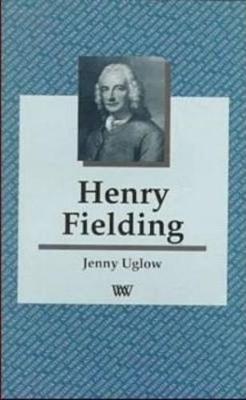Writers and their Work
1 total work
This study offers a fresh introduction to the achievement of Henry Fielding (1707-1754) as dramatist, journalist and novelist. In his day Fielding was always a centre of controversy, attacked as 'immoral', yet praised for his 'realistic' portrayal of contemporary society and his attack on hypocrisy and exploitation. Jenny Uglow sets Fielding in the light of recent critical debates and places him in the context of his age; identifying central ideas on judgement, mercy and benevolence, tracing thedevelopment of his craft and clarifying his ideas on comedy and the role of the novel, particularly his rivalry with Samuel Richardson. Readings of key works - Tom Jones, Shamela, Joseph Andrews, Jonathan Wild and Amelia - are enriched by studies of his drama and of lesser known works such as A Journey from this World to the Next, and by reference to Fielding's essays, journalism, politics and work as a pioneering magistrate in London. Fielding emerges as a writer of startling originality, constantly adapting traditional forms to new ends, whose fiercely ironic analysis of gender, power and language is combined with a comedy at once critical and humane.
